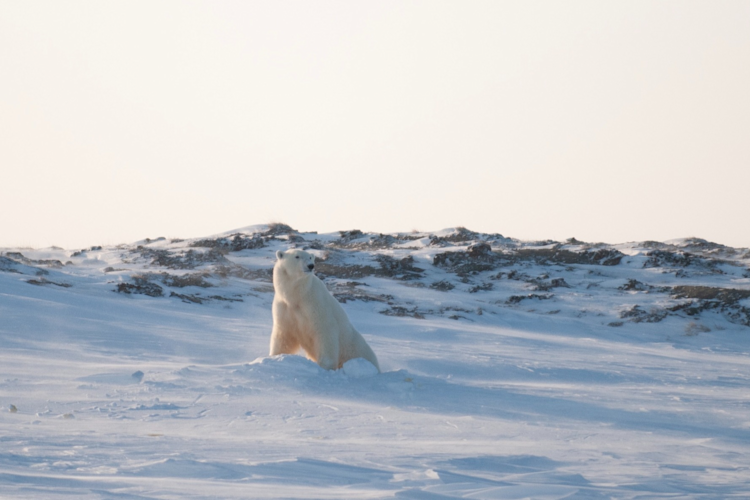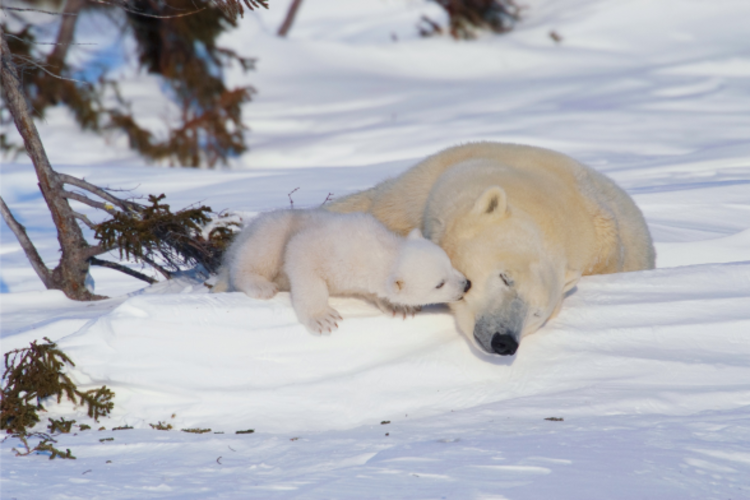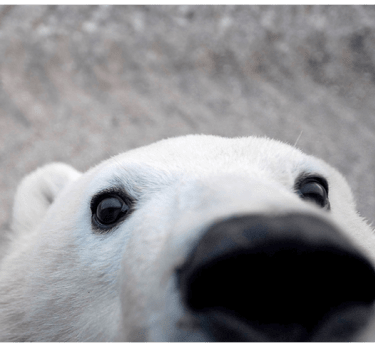Your voice is needed to protect endangered species habitat - not just for polar bears, but for all at-risk species across America.
In April, the U.S. Fish & Wildlife Service and the National Marine Fisheries Service proposed a significant weakening of the Endangered Species Act (ESA) by changing the definition of “harm”. “Harm” has traditionally included changes to habitat - for example, industrial development in critical polar bear habitat. This proposal would limit “harm” to only physical injury or death of individual animals.
Why does it matter?
Without habitat, there’s no wildlife. Habitat provides everything wildlife needs to survive, including food, water, shelter, and breeding grounds.
By changing the definition of “harm,” industry could destroy critical wildlife habitat—without consequences—as long as they don’t directly harm individual animals.
This proposed change would dramatically reduce the effectiveness of the ESA and put already endangered species at even greater risk.
How You Can Help
The deadline to submit public comment is Monday, May 19, 2025. Every voice on this important issue matters.
You can submit your comment here:
https://www.regulations.gov/docket/FWS-HQ-ES-2025-0034
Points to consider
The ESA is America’s most effective law—and one of the world’s most powerful legal tools—for protecting at-risk species. In its current configuration, the ESA has a 99% success rate at preventing the extinction of listed species.
There is broad scientific consensus that habitat loss is one of the greatest threats to at-risk species.
Rescinding the definition of “harm” under the ESA would allow industries to degrade ecosystems that many species—including polar bears—depend on. Wildlife cannot survive without their habitats.
This proposed change poses an unacceptable risk to listed species. The definition of “harm” under the ESA must continue to include habitat modification.
















